by Irina Tsukerman
Abstract
This intelligence brief examines the activities of Waqful Waqifin, commonly known as Gift of the Givers (GotG), a prominent African humanitarian organization. While GotG is widely praised for its humanitarian interventions, emerging evidence suggests it may maintain covert affiliations with terrorist organizations, including Hamas, Hezbollah, and Palestinian Islamic Jihad. Drawing upon open-source intelligence, official designations, financial analyses, and primary accounts, this brief explores how GotG’s operations, especially in Gaza, allegedly advance militant objectives, raising serious ethical and legal concerns. The analysis aims to guide policymakers, donors, and oversight bodies in understanding the complexities and risks of humanitarian organizations operating in volatile conflict zones.
Introduction
Gift of the Givers (GotG), established in 1992, is frequently lauded as Africa’s largest humanitarian organization, working in more than 47 countries and partnering with a wide array of entities.¹ Led by Dr. Imtiaz Sooliman, GotG has projected an image of altruism and compassion.² Yet, beneath this façade, evidence increasingly points to covert affiliations with Hamas, Hezbollah, and Palestinian Islamic Jihad.³ This brief considers the historical context of GotG’s founder and the organization’s operational practices, focusing on its activities in Gaza and highlighting how these may align with militant strategies.
Historical Background: Al-Aqsa Foundation and Hamas Financing
In 1991, Dr. Imtiaz Sooliman founded the Al-Aqsa Foundation in South Africa, ostensibly to support Palestinian causes.⁴ From inception, the foundation was closely aligned with Hamas, a group designated as a terrorist organization by multiple countries, including the United States, the European Union, and Israel.⁵ By 2003, the U.S. Department of the Treasury designated the Al-Aqsa Foundation as a terrorist entity, citing its integral role in financing Hamas operations.⁶,⁷ South African banks subsequently closed Al-Aqsa Foundation’s accounts.⁸ Leadership continuity further underscores these ties: Ebrahim Gabriels, formerly heading Al-Aqsa Foundation, now leads Al-Quds Foundation, both organizations sharing overlapping objectives and governance.⁹,¹⁰
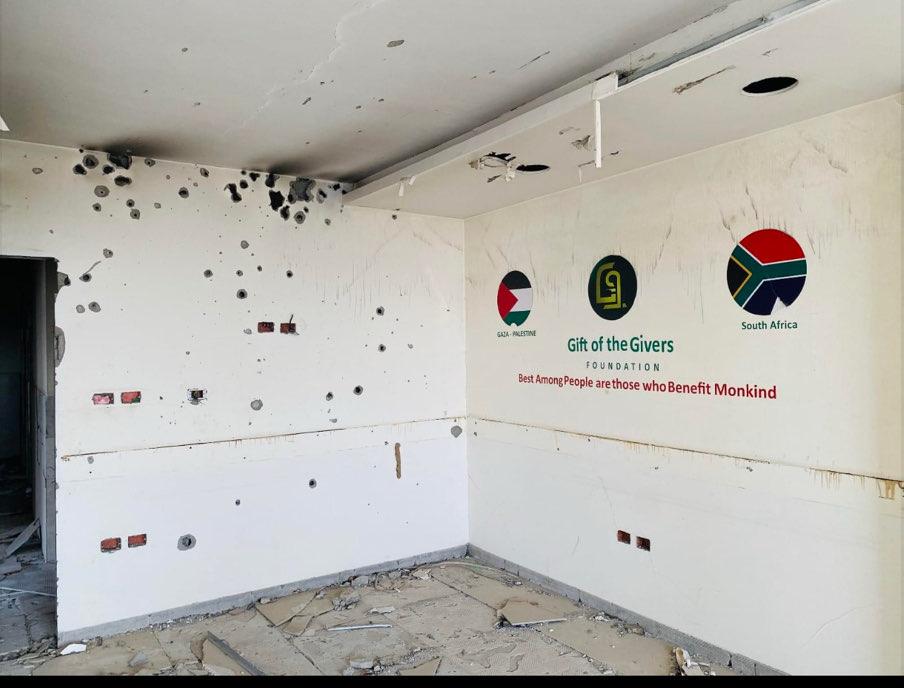
Gift of the Givers: Public Humanitarianism versus Covert Militancy
Founded a year after Al-Aqsa, GotG rapidly gained recognition for addressing healthcare, hunger, and disaster needs.¹¹ However, emerging data indicate a dual-use model. In Gaza, GotG has operated clinics near Hamas-controlled areas, including one in Khuza’a close to Kibbutz Nir Oz,¹² and the Women and Child Care Centre in Gaza City¹³ While these clinics publicly claim to serve civilians, evidence suggests their integration into Hamas’s militarized network, including usage of underground tunnels linking hospitals, weapons storage sites, and command centers.¹⁴ Photographic evidence also suggests these sites have been exploited as elevated firing positions or weapons nests for militants, effectively blending humanitarian and military infrastructures.¹⁵
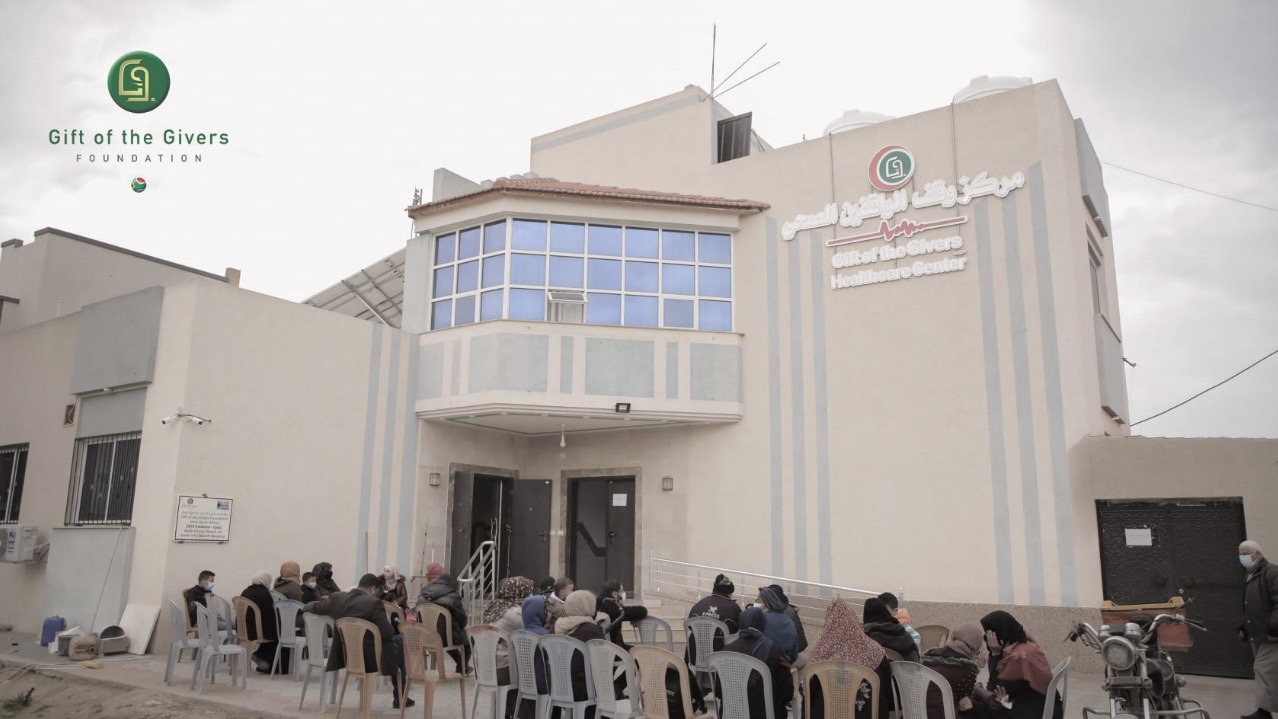
Financial Flows and Lack of Transparency
GotG’s financial operations in Gaza exacerbate concerns, given the region’s limited transparency. Videos show GotG staff distributing crisp USD $100 bills and Israeli Shekels in the presence of Hamas affiliates.¹⁶ Intelligence reports highlight GotG’s linkage to the Union of Good—an organization directed by Yusuf al-Qaradawi and designated by the U.S. Treasury for funnelling millions to Hamas.¹⁷,¹⁸ Al- Qaradawi, who appeared on INTERPOL’s list between 2013 and 2018,¹⁹ has publicly endorsed extremist tactics.
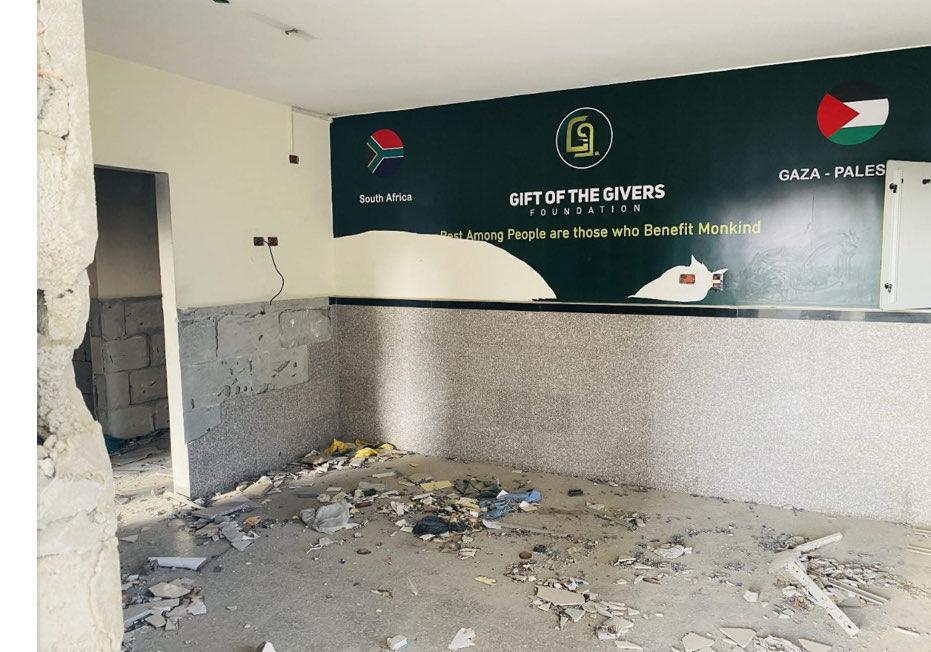
Archived records from the Union of Good’s website list GotG and Al-Aqsa Foundation as South African coalition members, with Ebrahim Gabriels as a board member.²⁰ Although sanctioned in 2008, the Union of Good’s networks seemingly persisted, correlating with GotG’s operational expansion in Gaza. Dr. Sooliman himself has claimed expertise in transferring cash with impunity, raising questions about adherence to international anti-terror financing laws.²¹,²²


South African law mandates that Public Benefit Organizations (PBOs), including GotG, must submit annual reports and financial statements for public access.²³ Yet, obtaining audited statements from GotG remains challenging. This opacity casts doubt on financial accountability and heightens suspicions of illicit fund allocation.

Ideological Affiliations and Leadership
In 2011, Dr. Sooliman received an award from Yusuf al-Qaradawi,²⁴ a figure linked to the Muslim Brotherhood and vocal in support of Hamas’s militant strategies.²⁵ This recognition signals ideological alignment with extremist frameworks, contradicting GotG’s self-portrayal as an apolitical humanitarian enterprise. Additional connections include Sooliman’s documented interactions with Hamas figures and the Popular Front for the Liberation of Palestine (PFLP).²⁶
During the 2006 Lebanon war, Sooliman worked with Hezbollah-linked entities to deliver aid under an Israeli blockade,²⁷ personally escorted by Hezbollah members through strongholds.²⁸ Hezbollah’s terrorist designation by multiple Western entities further underlines the troubling affiliations of GotG’s leadership team.

Dr. Sooliman’s association with Dr. Malik Rageila, GotG’s Middle East Director and known Hamas sympathizer, further underscores a compromised humanitarian posture.²⁹ Rageila, who has praised Hamas founder Ahmad Yassin, maintains close ties with Hamas’s Ministry of Health, reinforcing the organization’s embeddedness in militant networks.
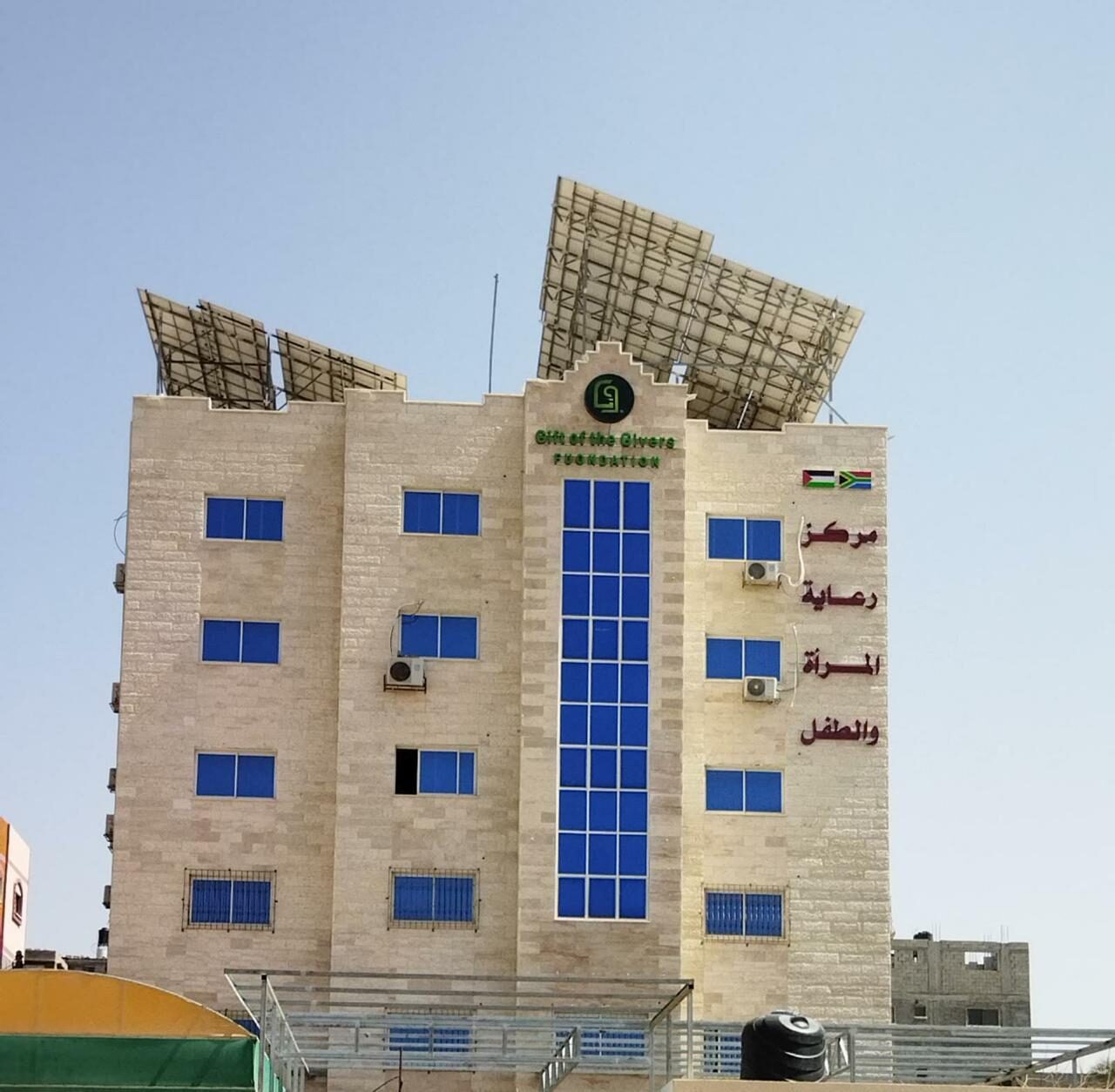
Political and Diplomatic Dimensions
GotG’s influence extends into diplomatic arenas via relationships with South Africa’s Department of International Relations and Cooperation (DIRCO). By promoting pro-Hamas narratives on global platforms—lobbying for genocide charges against Israel at the International Criminal Court, for instance—GotG aligns with Hamas’s ideological and strategic aims, contributing to international delegitimization campaigns against Israel.
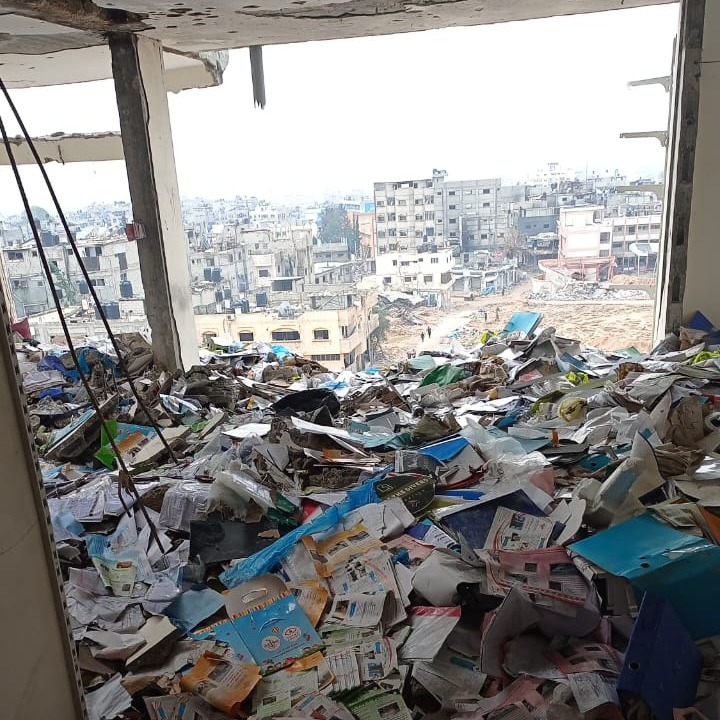
Weaponization of Humanitarian Aid
Reports of GotG-funded medical facilities being repurposed for military use parallel Hamas’s known strategy of embedding command centers and weapons depots in civilian infrastructure.³⁰ Such tactics not only endanger civilians but also erode global confidence in the credibility of humanitarian efforts. Allegations that GotG’s greenhouse projects near the Gaza border serve as cover for tunnel construction further support claims that humanitarian initiatives have been weaponized.

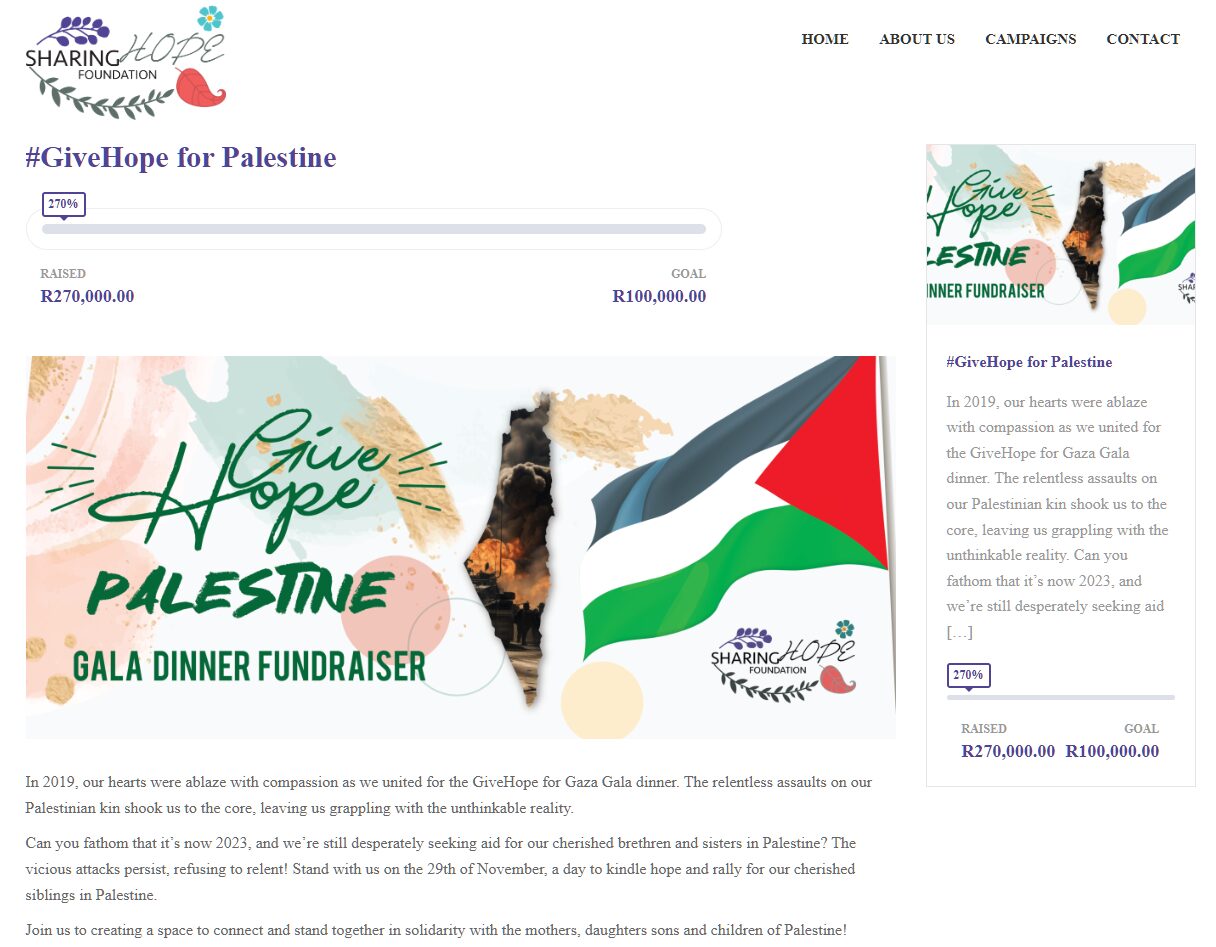
Rhetorical and Material Support for Militancy
In a 2019 fundraising collaboration, GotG and the Sharing Hope Foundation raised funds for medical supplies during the Hamas-coordinated March of Return demonstrations.³¹ Campaign materials employed militant rhetoric, urging donors to “equip [our brothers and sisters] for the war that is surely coming.”³² This language, coupled with GotG’s interactions with Hamas figures, strengthens the case that GotG’s activities are not merely neutral humanitarian interventions.

Conclusion and Recommendations
This intelligence brief highlights a pattern wherein Gift of the Givers, an organization publicly celebrated for its relief work, allegedly sustains and advances terrorist objectives under humanitarian cover. Allegations include financing, operational support, and ideological alliances that facilitate militant agendas in Gaza.
Immediate and stringent oversight is required. Donors and regulatory bodies should conduct comprehensive audits, enforce stricter due diligence procedures, and enhance intelligence-sharing among international law enforcement agencies. Clarifying and enforcing international legal frameworks that govern NGOs in conflict zones is critical. Without decisive intervention, entities like GotG risk perpetuating cycles of violence and destabilizing efforts for genuine humanitarian relief.
Footnotes
- Gift of the Givers, “Our Inspiration,” [Online]. Available: https://giftofthegivers.org/about-us-3/our-inspiration/?utm_source=chatgpt.com
- Ibid.
- Foundation for Defense of Democracies, “South Africa Is Not Pro-Palestinian, It’s Pro-Hamas,” https://www.fdd.org/analysis/op_eds/2024/10/14/south-africa-is-not-pro-palestinian-its-pro-hamas/
- YouTube: Imtiaz Sooliman admission, https://youtu.be/9hd56Y2doas?si=V_4cNudcGk747OTO&t=1810
- DNI, “Hamas,” https://www.dni.gov/nctc/groups/hamas.html
- U.S. Treasury Department Press Release, https://home.treasury.gov/news/press-releases/js439
- Wikipedia, “Al-Aqsa Foundation,” https://en.wikipedia.org/wiki/Al-Aqsa_Foundation
- Sam Sole, Daily Maverick, “Banking woes for SA charity suspected of financing Hamas,” 18 Jan 2013, https://www.dailymaverick.co.za/article/2013-01-18-banking-woes-for-sa-charity-suspected-of-financing-hamas/
- The National Interest, “Hamas’ South African Support Network,” https://nationalinterest.org/feature/hamas%E2%80%99-south-african-support-network-209802
- Terrorism-info.org, “Al-Aqsa Foundation,” https://www.terrorism-info.org.il/en/17866/
- Gift of the Givers Official Website, https://giftofthegivers.org
- Google Maps: Khuza’a Clinic location, https://maps.app.goo.gl/58pbH6qkizREZFX2A
- Google Maps: Women and Child Care Centre, https://maps.app.goo.gl/iQhLZyv7jVBnghAPA
- Author’s analysis based on open-source reporting and intelligence briefs from Shield Z referenced above.
- Photographic evidence referenced in original text.
- GotG Facebook photo distribution of USD, https://www.facebook.com/photo.php?fbid=372639728893591&set=pb.100084427008259.-2207520000&type=3
- “The Union Of Good Contributing Members,” 101days.org (archived via Wayback Machine).
- U.S. Treasury (archived), “Treasury Designates the Union of Good.”
- Middle East Eye, “Muslim Brotherhood’s Qaradawi contests Interpol warrant,” https://www.middleeasteye.net/fr/news/muslim-brotherhood-s-qaradawi-contests-interpol-warrant-462922597
- 101days website (archived), Union of Good homepage (Arabic screenshot on file).
- YouTube: Imtiaz Sooliman interview, https://youtu.be/9hd56Y2doas?si=V_4cNudcGk747OTO&t=1810
- Ibid., at 524 seconds.
- Non-Profit Organisations Act (1997), South Africa; PBO requirements per SARS guidelines.
- Gift of the Givers Recognition Page, https://giftofthegivers.org/about-us-3/recognition/?utm_source=chatgpt.com
- Wikipedia, “Yusuf al-Qaradawi,” https://en.wikipedia.org/wiki/Yusuf_al-Qaradawi
- Imtiaz Sooliman, Imtiaz Sooliman and the Gift of the Givers: A Mercy to All, p. 69.
- Ibid., p. 71.
- Contextual historical detail: During the 2006 Lebanon war, Israel imposed naval and air blockades on Lebanon.
- GotG Facebook post by Malik Rageila, https://www.facebook.com/GiftoftheGivers/posts/he-had-to-be-buried-quickly-because-theres-no-power-in-mortuariesgift-of-the-giv/735348928636479
- Terrorism-info.org analysis of Hamas usage of civilian infrastructure.
- Sharing Hope Foundation Facebook campaign (archived reference). https://www.facebook.com/wearesharinghope/videos/354883721901888/?rdid=KKPSGkQhJK9tRjNo#
- Referenced campaign materials from 2019 fundraising. https://sharinghope.org.za/campaigns/givehope-for-palestine/
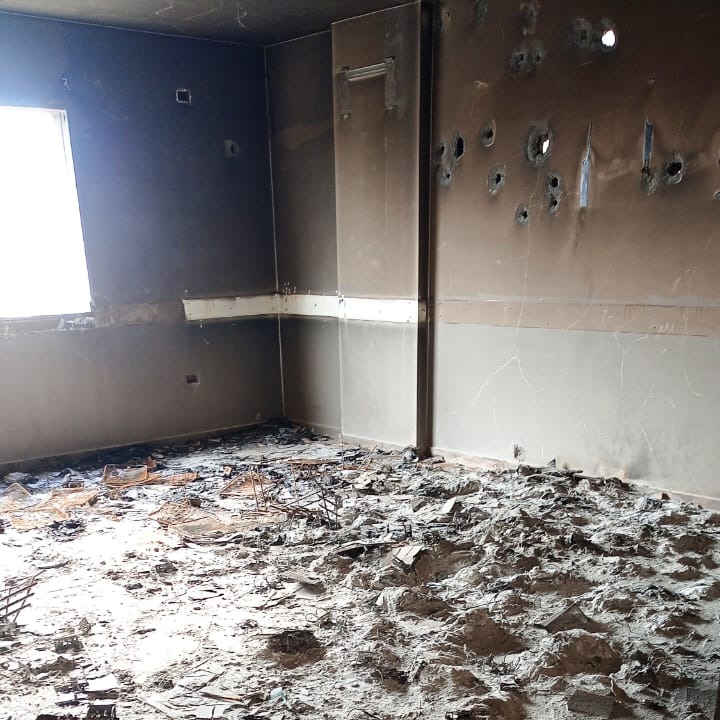

No responses yet